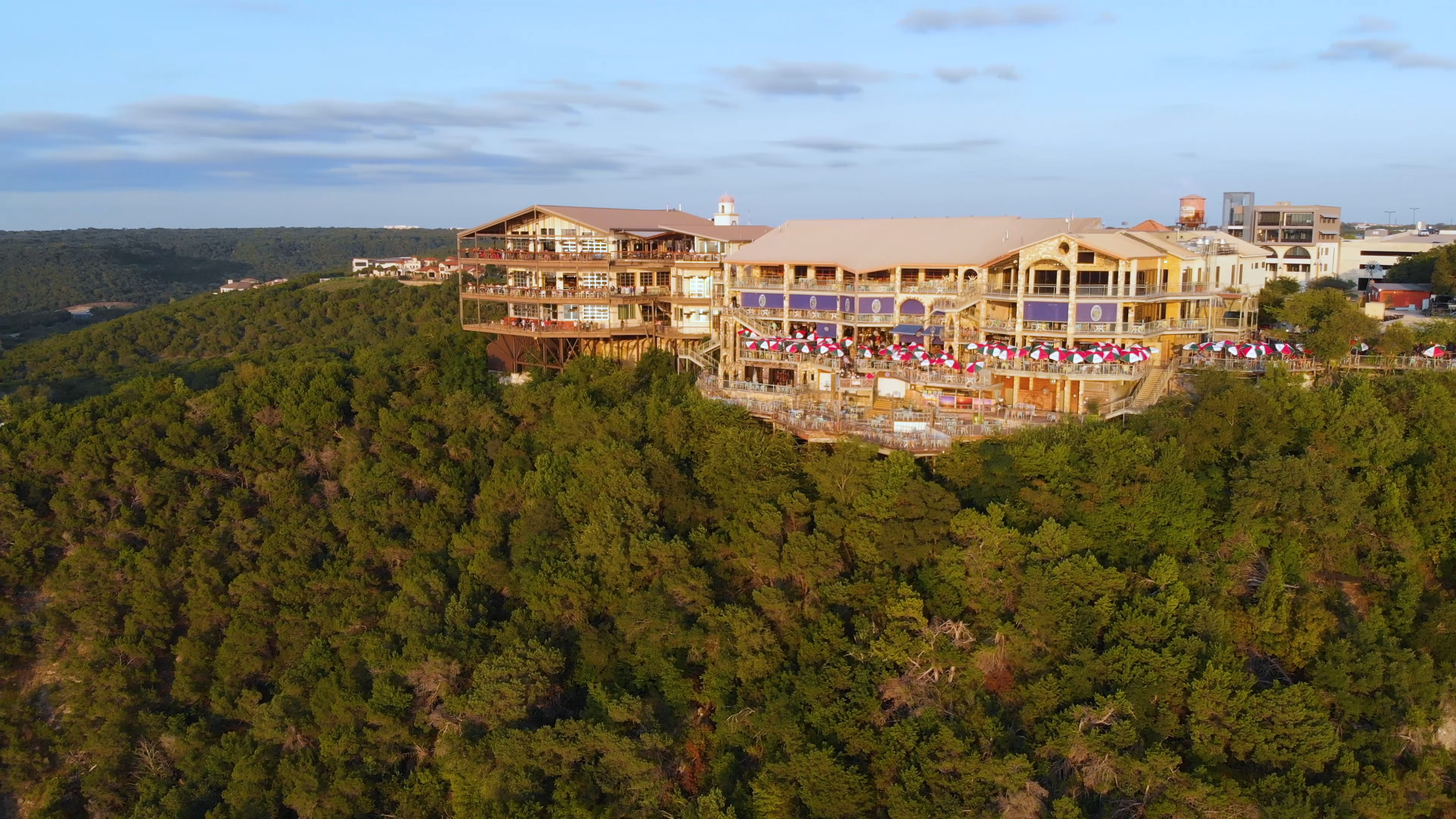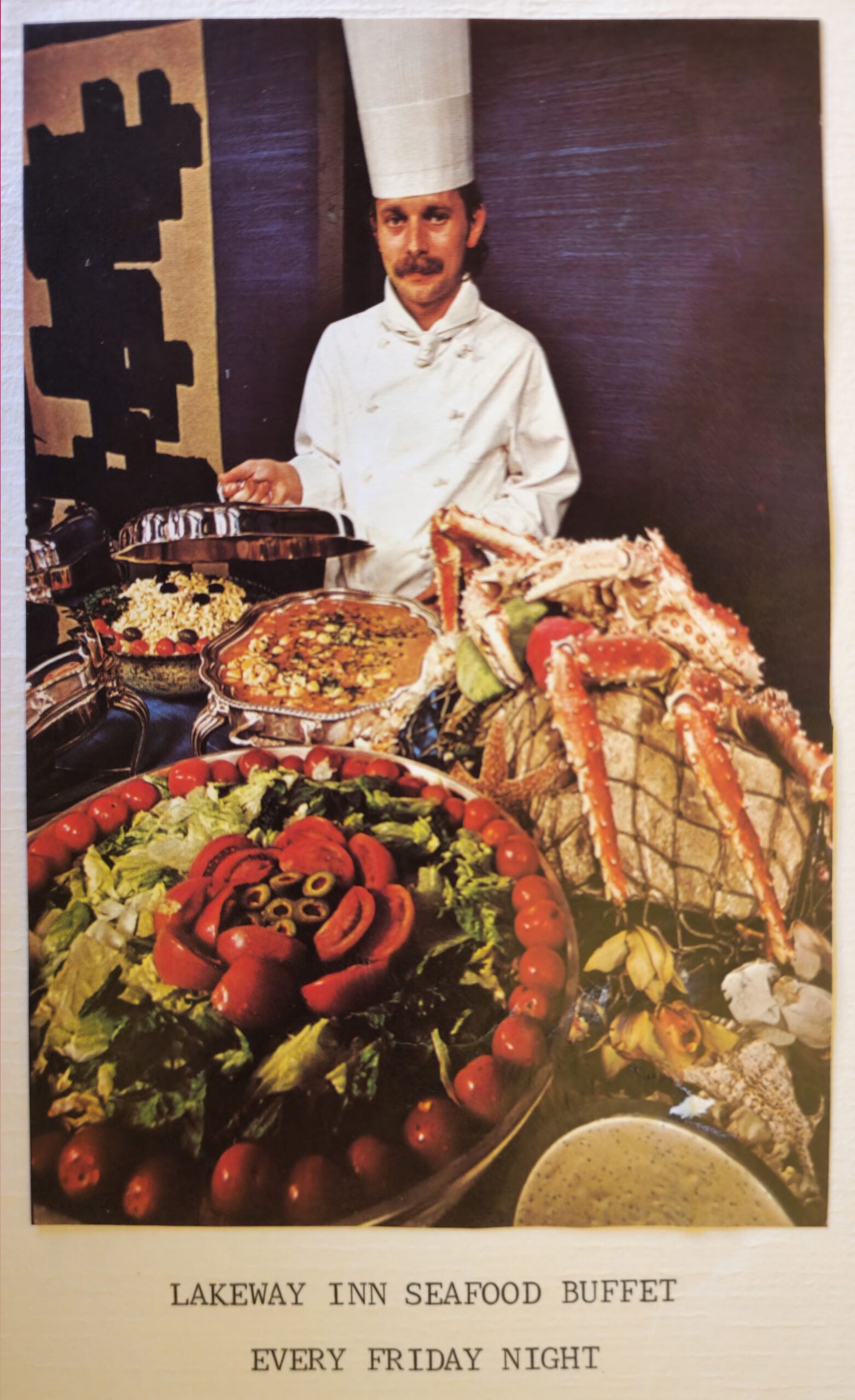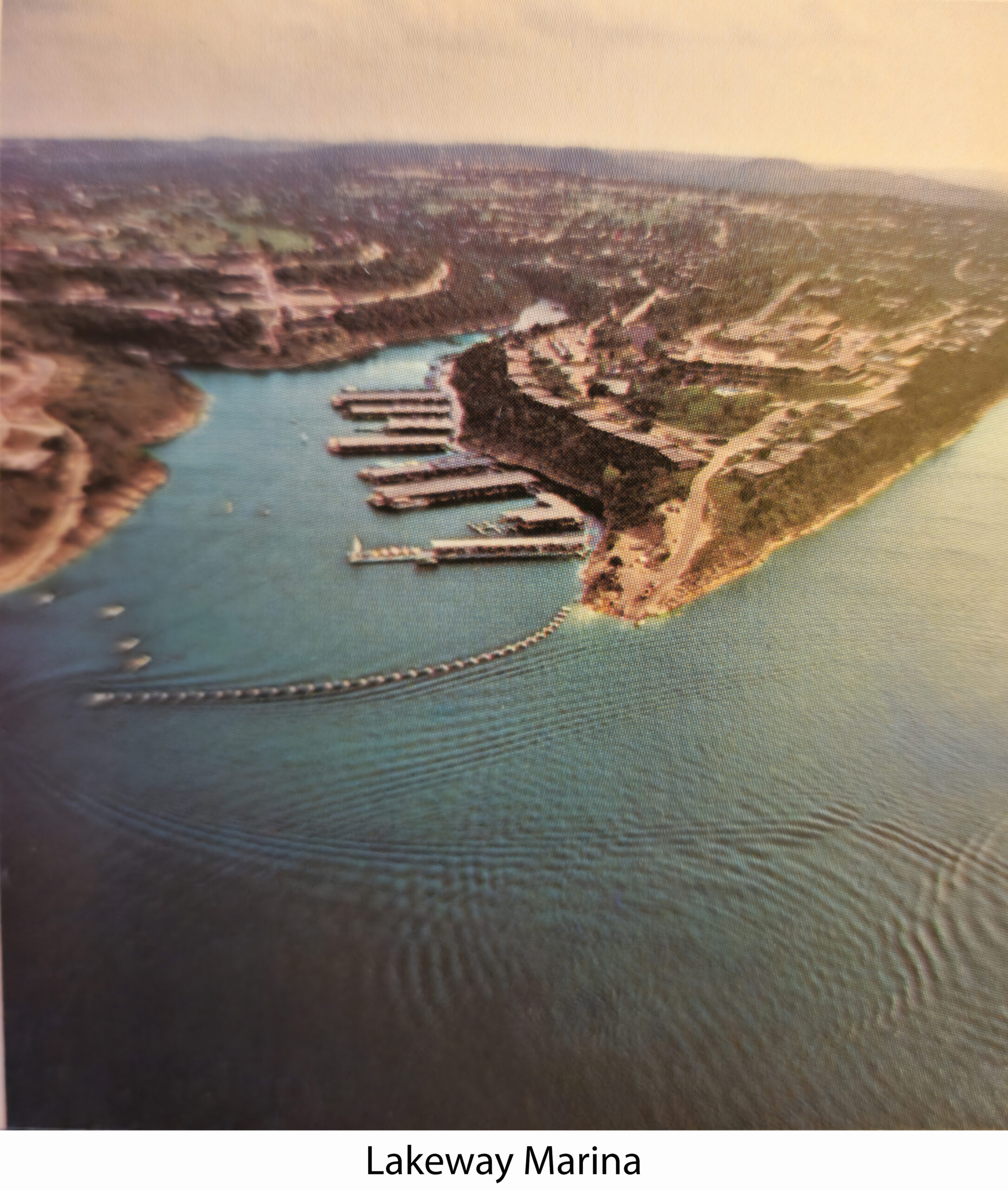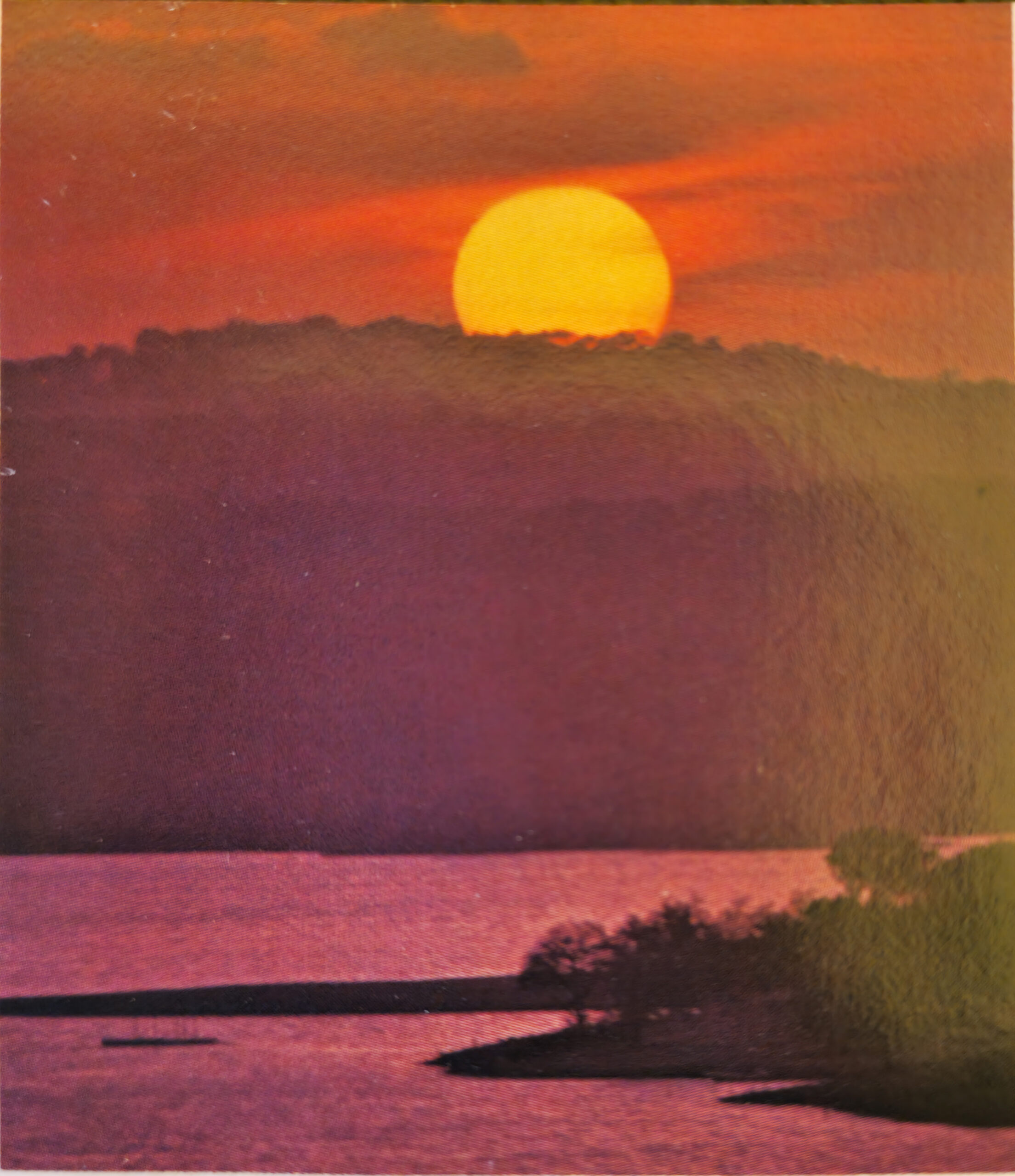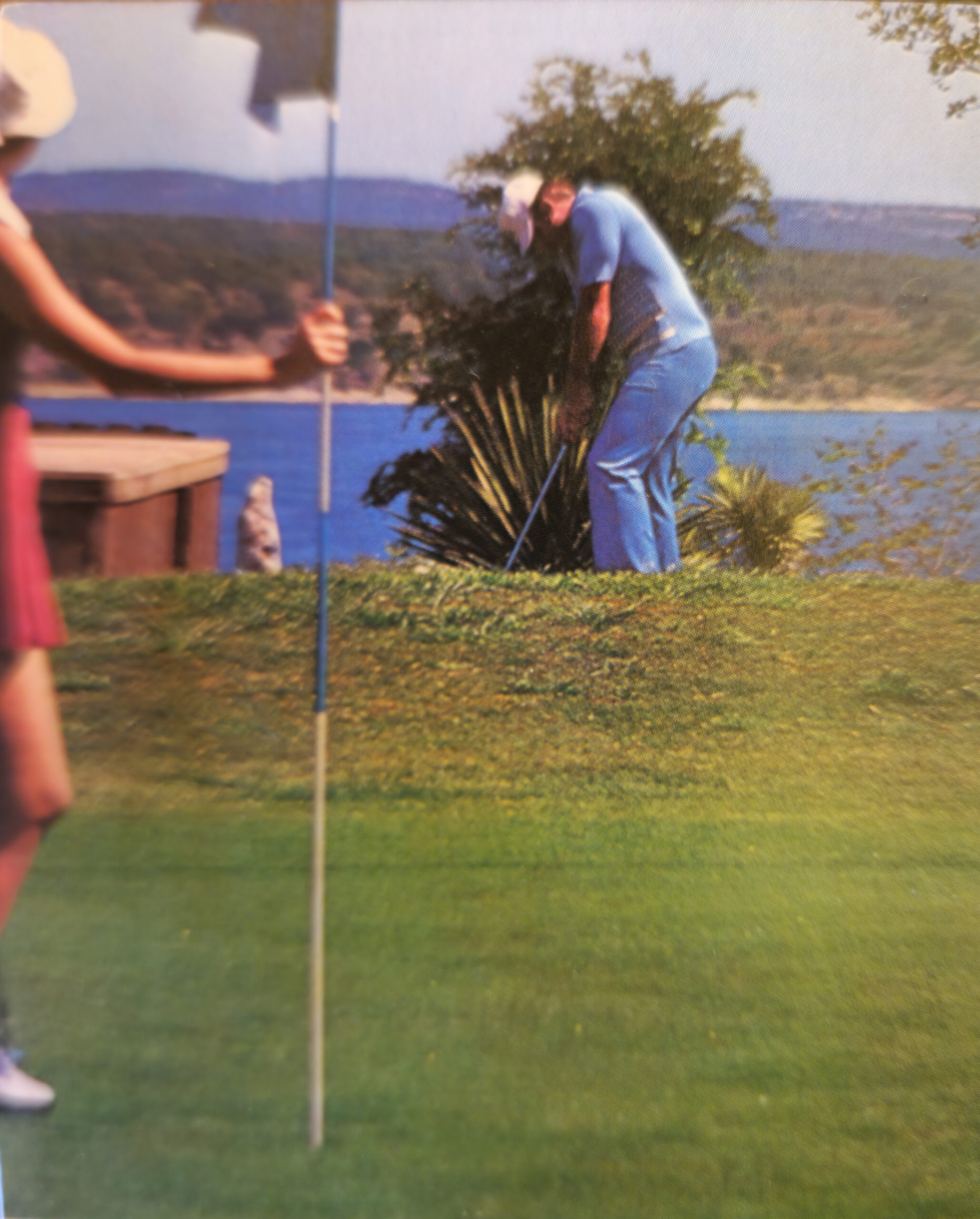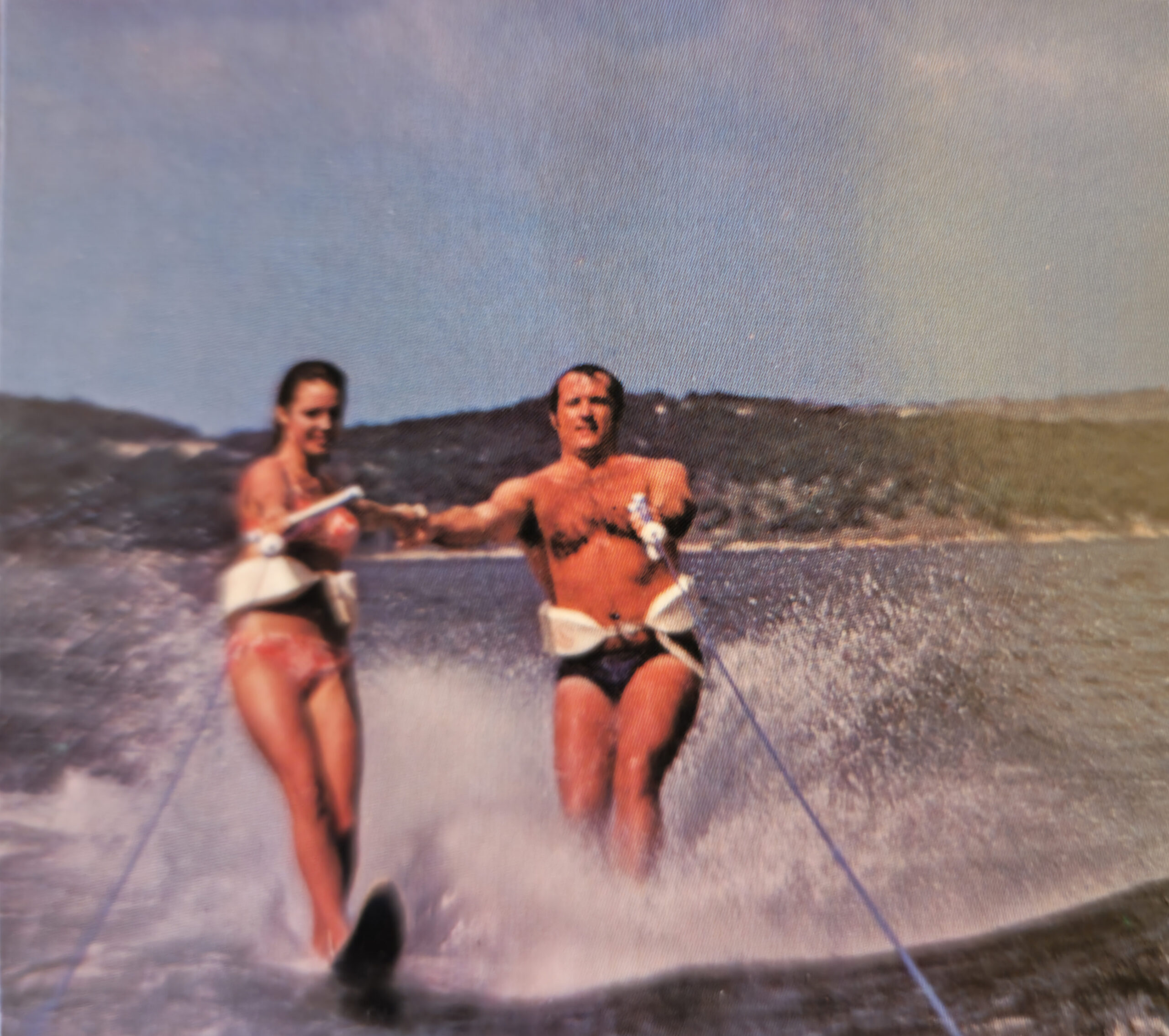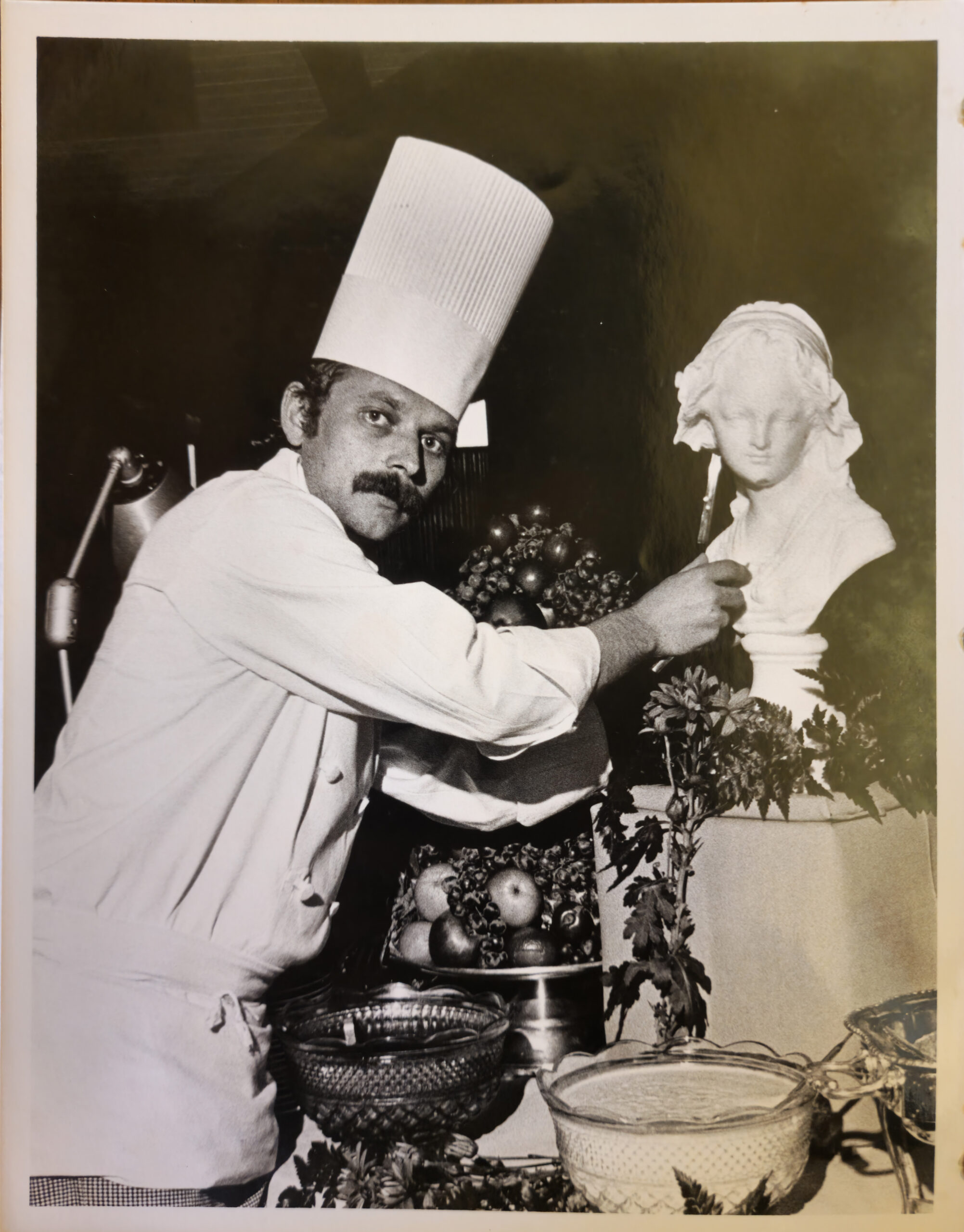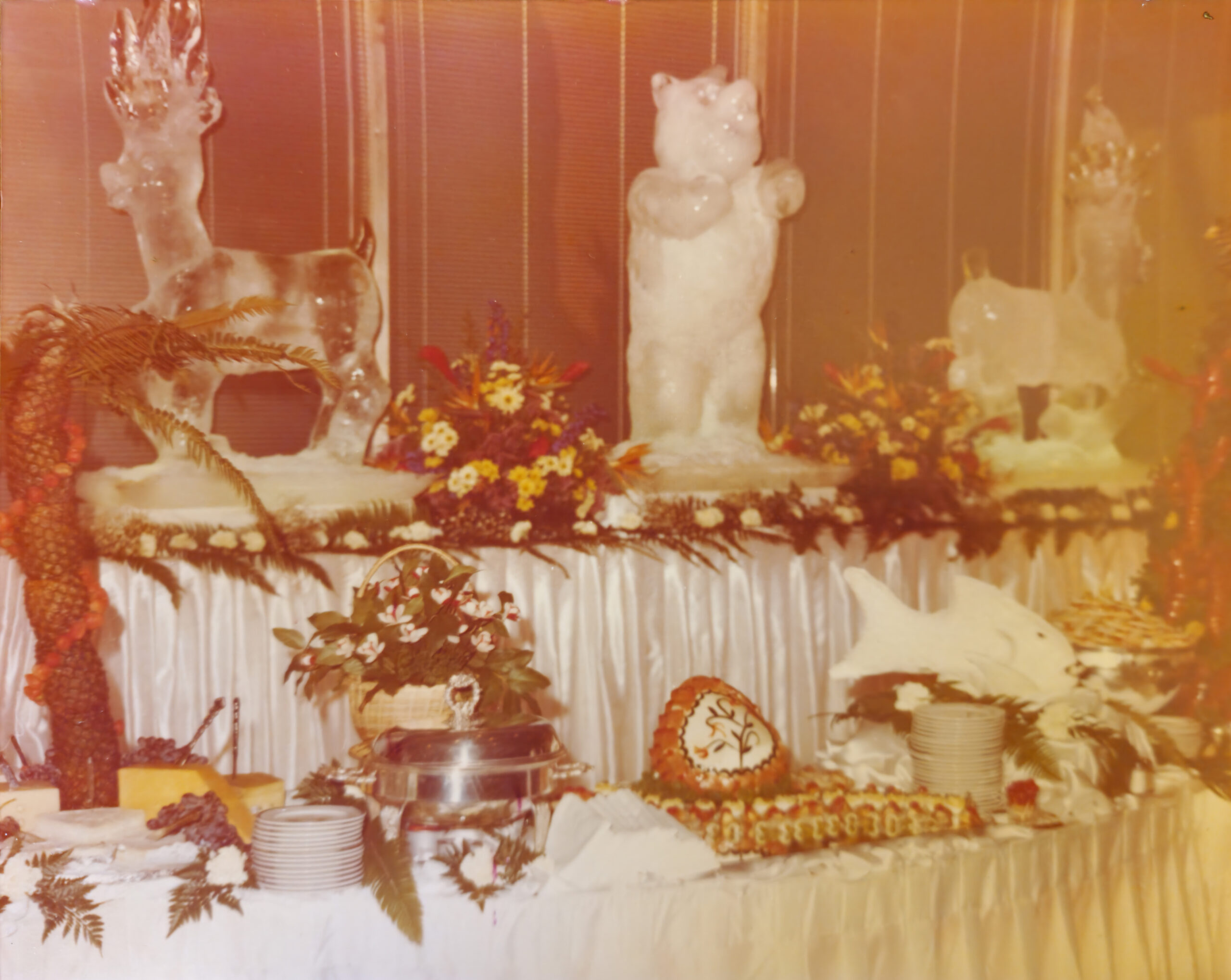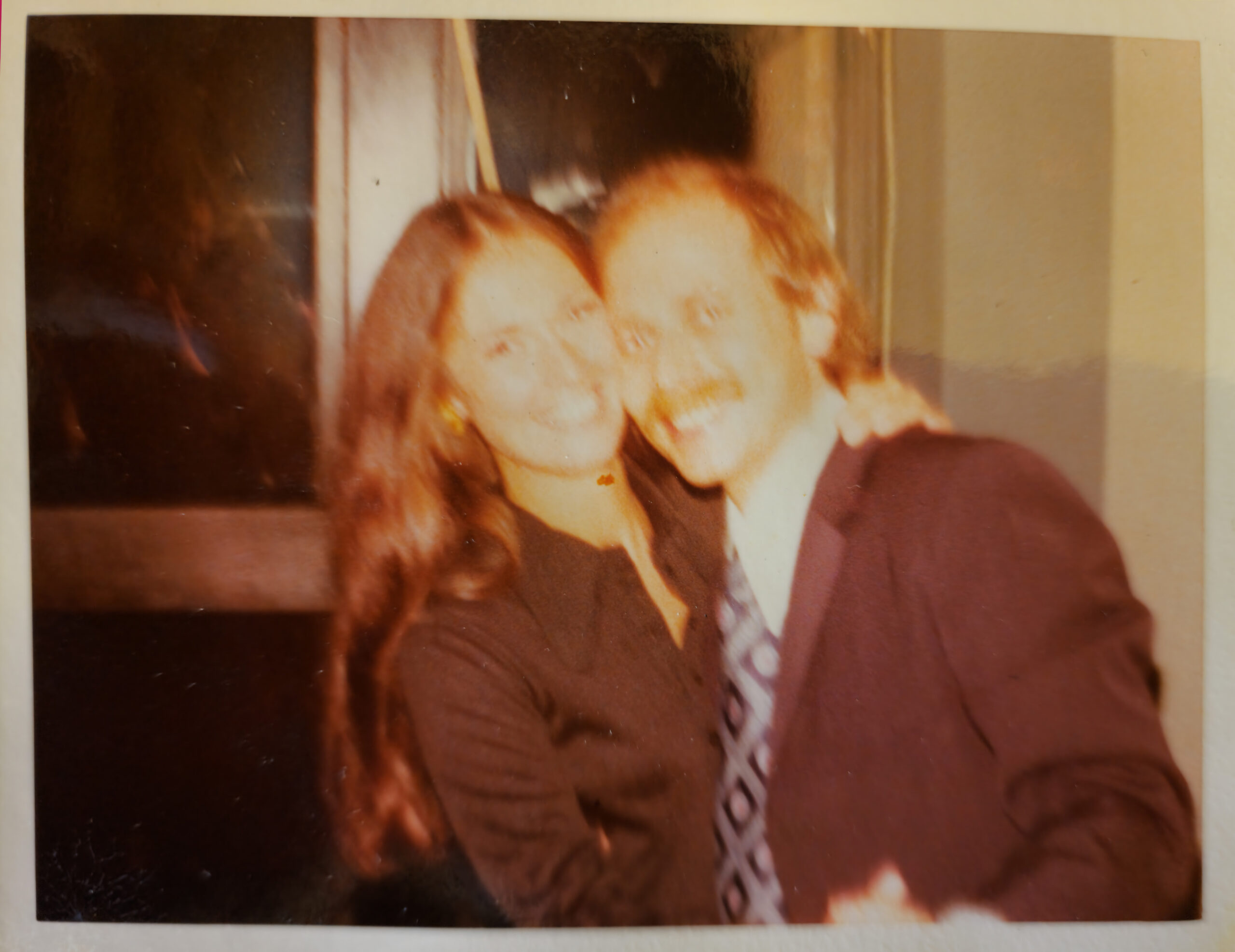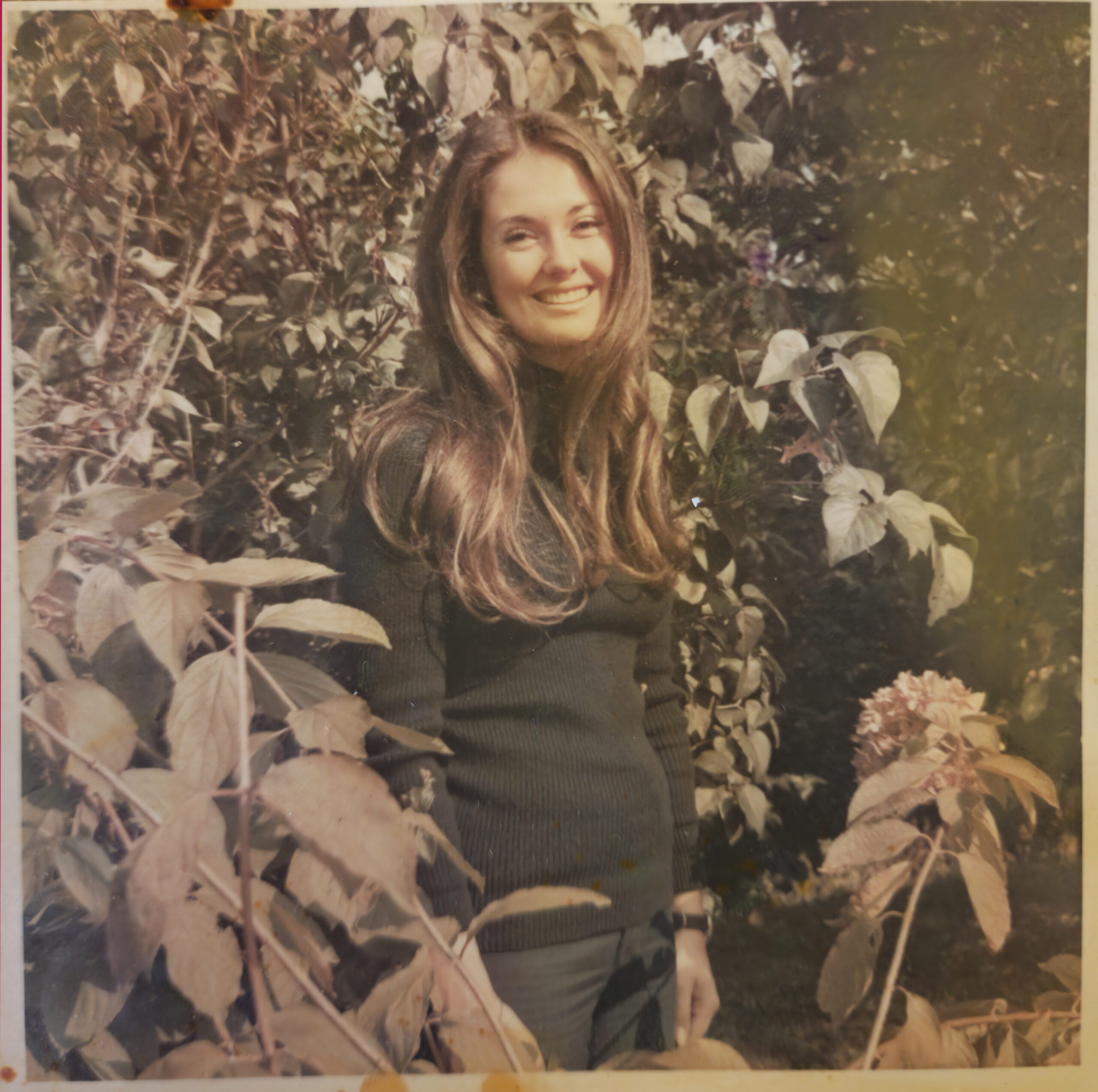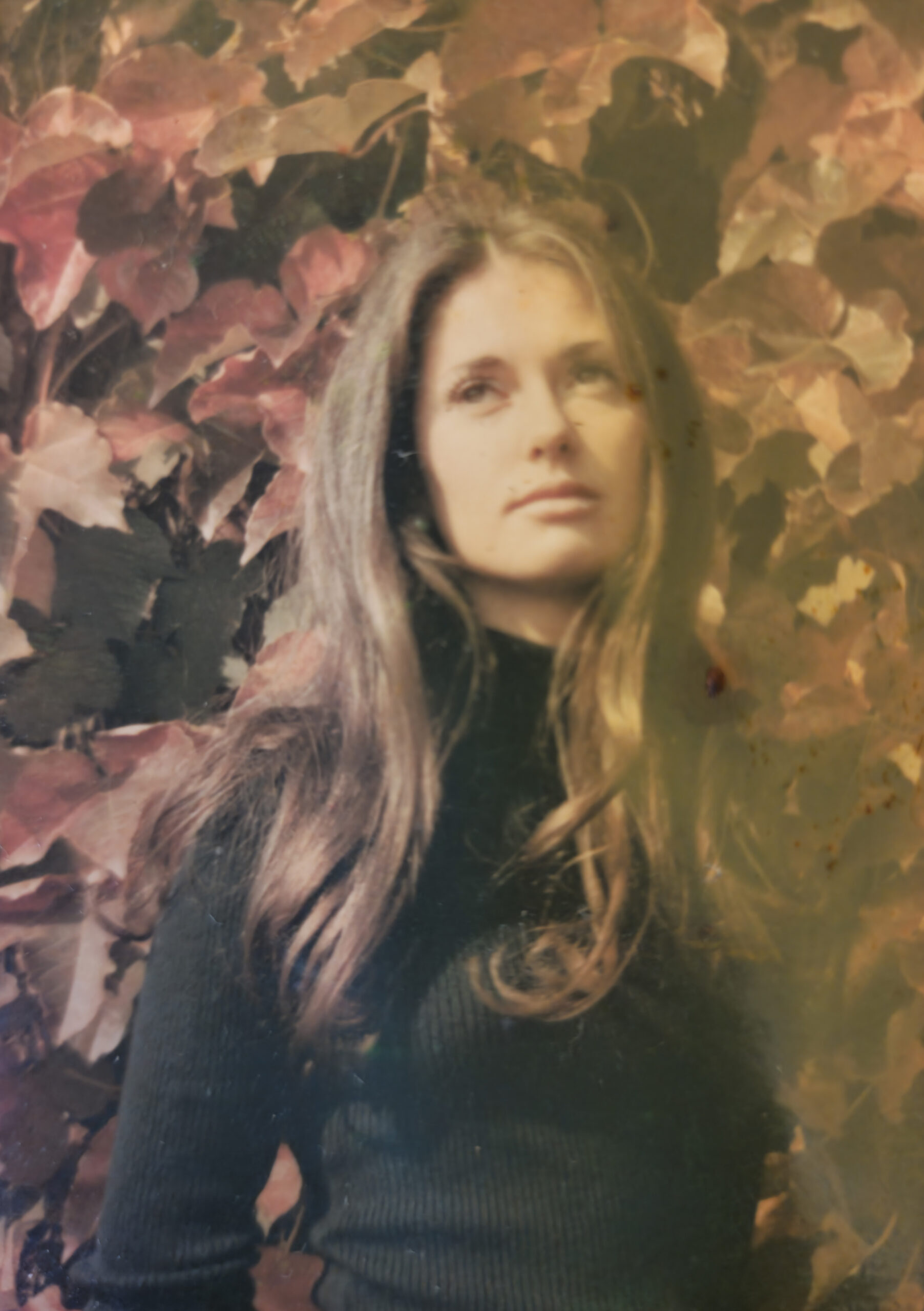From Newport to the Lone Star State: A Journey of Discovery and Opportunity in Texas
Alright, I would like to tell you a little bit about how I moved and why I decided to move to the beautiful state of Texas, although I was apprehensive.
The department heads of the hotel in Newport, RI, were informed that Klaus Ottman would be leaving the Newport establishment.
I went to my apartment, grabbed my old Ford station wagon, which I had bought from Gretchen’s parents a few years earlier, and headed to the beach.
As a million thoughts raced through my head, I could only think, “What am I to do? Should I stay? Maybe I should go to Boston.” The ocean and the beach helped me to calm down, and I came to the conclusion…
I was being selfish and perhaps a little foolish.
He would never take a lesser position than the one he had now.
He said to meet him in the lounge at the top of the hotel. It was late afternoon, and the sun was setting on the horizon. It was a perfectly beautiful day, and I thought to myself, “The sun will rise in the morning as it has for millions of years.”
And I’m young and full of potential. Mr. Ottman told me about his opportunity in Texas.
It was being developed by a land development company and would feature two golf courses designed by Jack Nicklaus. It was still under construction.
It would also have tennis courts, planned and developed by the World of Tennis organization, started by Lamar Hunt and his brother Bunker Hunt, who later attempted to corner the silver market. These were the good old Texas days.
Their father had been an oilman and a wildcatter who made a fortune. Along with their sister, they inherited fabulous wealth and became developers, hiring experienced professionals to see the property developed as a retirement city.
The Texas Hill Country is beautiful in a dry sort of way. The World of Tennis was far more than just a tennis center. It had many courts, a stadium, a clubhouse with a bar, a restaurant, and a spa. The head tennis pro was Cliff Drysdale from Rhodesia, who was ranked among the top 10 players in the world, as was his wife, who also worked there.
The hotel would have about 150 rooms, built with a convention center in mind, but also available for visitors looking to buy lots, condominiums, or already-built houses. There was a small restaurant overlooking the marina and a German restaurant on the hillside. Mr. Ottman would manage the hospitality side of the venture. It was a big deal. The land company was headed by one of Romney’s sons; their father was once the CEO of Chrysler, Ford, or GM—I can’t remember which—and was Governor of Michigan and ran for President of the United States. Later, his brother Mitt became Governor of Massachusetts and a Senator from Utah, and he lost his bid for the presidency of the U.S. on the Republican ticket against Barack Obama.
Later, I met them all and formed a great opinion of them as honest and straight shooters. I realized right away that these were heavy hitters; who in their right mind would have turned down this job?
Then came the big surprise: Mr. Ottman wanted me to come down and visit, check out the area, and if everything worked out and I liked it, to come and join him.
Gretchen could apply to the University of Texas in Austin. She could become the scientist she had always wanted to be.
Later in the week, the town Chamber of Commerce gave a big farewell party for Mr. Ottman, and off he went to Texas. The new general manager started soon after; he was an American and a pleasant fellow. But of course, in my mind, no one could replace Klaus or do his job half as well.
Two weeks later, I got a letter from Texas asking me to come down and check it out. I took a week off and traveled to Texas. During my trip to the United States, along the border with Mexico, I had promised myself never to return.
Yet here I was again, flying to Austin, telling myself the whole way, “Can a beach be dazzling with stones?”
I was picked up at the airport by the food and beverage manager, Alberto Cobian. His claim to fame was that he was a cousin of the famous playboy, Rubirosa.
The Dominican race car driver, polo player, and world’s number one playboy in the 1950s and 60s. I had seen him in Munich when he dined in the restaurant with one of his companions. During his life, he dated and married some of the richest women in the world, among them Doris Duke and Zsa Zsa Gabor. He was by no means a handsome man, but he must have had charm to be able to seduce so many. He was also rumored to be exceptionally well-endowed. In Paris, large pepper mills are named after him, and the name has stuck. I was never sure how much of Alberto’s story was true or how much he had embellished it.
Alberto had one thing in common with his cousin: he was convinced he was God’s gift to women and took every chance to conquer them. He was the poster child for open marriage, at least on his side. But despite his shortcomings, he was a good guy and quite a capable manager. He was hardworking, and Klaus, the straight-laced German, and Alberto, the flamboyant Latin, actually complemented each other well.
I was picked up in a VW bus, which he drove like a Ferrari toward Lakeway. The roads were curvy and hilly, and I will never forget my first impressions of this part of Texas. The Hill Country starts around Austin and Lakeway. It is rocky and filled with a type of cedar that is not indigenous to the area but was brought by the conquistadors almost 500 years ago. It’s a long story, not worth repeating. Like most of the Hill Country, there were no mesquite trees, but Spanish oaks were everywhere at this time.
The area surrounding Austin was very sparsely settled, with only a few houses here and there. It took 45 minutes to get to Lakeway from the airport, and I wondered where all the people who would work at the hotel lived.
Soon I found out that an hour’s drive to work for a Texan is no big deal. Lakeway was situated on Lake Travis, a man-made lake in a series of lakes on the Colorado River in Texas. This was the largest of the lakes, created by the construction of Mansfield Dam, which was completed in 1945.
The lake system serves several purposes: flood control, irrigation for the rice fields of South Texas, and hydroelectric power. Lake Travis is not a constant-level lake and can be lowered if necessary for irrigation or to control the rush of water from the vast area of West Texas that the river drains. The lakes are merely stops on the way to the Gulf of Mexico.
When we entered Lakeway, I saw construction everywhere—condo complexes, houses being built…
We passed what could be considered the main plaza, if you could call it that. It consisted of the land company’s offices, a convenience store, and a doctor’s office, manned by an ex-Army lieutenant doctor who later became my personal physician.
Many of the people who had built homes in Lakeway were retired military or had come from places like Lubbock, Amarillo, or Dallas. Later on, I’ll tell you more about them; they were great people.
The World of Tennis was about half-finished, as was the hotel, but many facilities were still needed—like the kitchen, restaurant, banquet room, bars, and pools. Everything was being redone, with the place overhanging the cliffs with a view of the marina.
The marina was prominently dominated by the Lakeway Inn, which would become a major challenge in my future.
As soon as I spotted the boat, the food and beverage manager informed me that many catered parties were held there, and the kitchen I would use would be the one in the Beef and Bun restaurant, which would be my domain until the new kitchen was finished.
I thought, “Are you kidding?” He laughed and told me that Mr. Ottman had placed his faith in my incredible talents, so getting the job done would be like a cakewalk. He said that he and I would be preparing lunch for the developers, etc., and it would be carried up the hill in the Volkswagen bus—”I mean the Ferrari,” he joked—”you and me,” he said.
“We’ll do this together, and tomorrow you will meet Sue, the woman in charge of the dining room.”
I told myself, “This is going to be a challenge.” Thank God the food was simple and easy, and the cook who worked there seemed quite capable of doing his job.
After my tour, I was shown to my hotel room, unpacked, and then headed to the office to see Mr. Ottman. After a good hour of catching up, he showed me the kitchen and how he envisioned it, as well as the other facilities that were under construction. It all looked good, and I informed him that I would come aboard. We picked a starting date, and then we had dinner at the Alpenhof, the German restaurant, which had nothing to do with authentic German cuisine.
He introduced me to the couple who ran the restaurant, and I told them I would be more than happy to help them make it more authentic and true to German cuisine. I went back to Newport and gave my notice. I spent some time with friends, but mostly with Gretchen.
We would be separated for a while, but I believed our relationship was strong enough to survive it, and for a time, it did. We decided to spend the weekend on Block Island off the coast of Rhode Island.
It’s an underrated getaway. It was explored by the Dutchman Adrian Block and then settled by the English in the early 19th century. It was a weekend resort, but by the 1960s, it had fallen into decline. Its Victorian charm was forgotten, but it eventually made a comeback, much like Newport had done.
It had a few hotels, very few cars, and many bicycles. There were great trails and beautiful deserted beaches where you could rest and marvel at the beauty of nature.
Much of the island is a nature conservation area and is home to rare species of birds. In autumn, it’s a spectacle of bird migration, with over 150 species wintering there. It seemed like the perfect place for young lovers to dream about the future.
When I look back at that weekend, I realize it was perhaps the end for us, and in a way, it was. Even so, we told each other about our undying love, and she said she would come to Austin after the school year to visit the university. And yes, she did fulfill her promise, but that’s a story for later.
Soon, the day of my departure arrived. I spent the night in Boston, and we drove together to Logan Airport. We said goodbye with tears flowing as I walked to the gate, and I was overcome with deep sadness.
I always felt good being with her, and I was dead certain that I loved her—not just for her looks, though she was beautiful, but for her incredible inner beauty. She was honest, had great morals, and possessed all the other attributes of a truly great human being. It was goodbye to New England, goodbye to Gretchen, and hello to the frontier of Texas—the Wild West.
I had dreams in my childhood, shaped by the movies of John Wayne, Bonanza, cowboys, rednecks, and oilmen, of wide-open spaces. To me, Texas was still the frontier, and living there, I found that spirit was still alive. There was an openness to the people—they didn’t care where you came from; they judged you by who you are. This was refreshing for someone from the East Coast, where your family tree is of great importance. Not so in the great state of Texas, home of the new rich and the self-made man.
Texas is as much a state of mind as it is a state. It’s amazing how little you own when you’re young and only have two suitcases. I remember well when I moved to Nicaragua with a 50-foot container. But when I moved to Texas, all I had were two suitcases. That’s how I traveled the world.
Texas, which has gripped the popular imagination worldwide, is big—everything is big in Texas. The cowboys, the Indians, the lawmen, the desperados, the cattlemen, the oil barons, movies, and TV shows like Dallas—more true to life than you might believe—have all helped Texas present itself as the last frontier. There’s a lot to do with the urban cowboy craze, with Willie Nelson and the boys bringing the music capital of the world to Texas, at least for two weeks in February.
There’s still a rugged individualism among men, women, and even techies climbing the startup ladder. When you arrive in Texas, you will feel it. You won’t be disappointed—Texans do, in fact, live by the legend. They are Texans first and citizens of the United States second.
Football says it all. Texans are proud of their football team, and in actuality, it will always be the Dallas Cowboys. If you ask a Texan why the stadium in Dallas is built like a wonder of the modern world, he will say the answer is simple and without hesitation: “So that on Sunday afternoons, God Himself can watch His team.” The Cowboys are, after all, America’s football team.
Texans are proud of their state, and this pride is definitely chauvinistic. What other state could inspire a song like “When I Die, Let Me Go to Texas”? Texans love Texas. There are ranches here that are bigger than some states in the Union—and not just Rhode Island, either. Maybe it goes back to the hardscrabble days when Texas was a wild and untamed place. Who knows? Texans couldn’t care less; to them, it’s the only place to live in the world.
There’s a well-known joke in Texas: “Don’t ask someone if he’s from Texas. If he’s not, you’ll embarrass him. And if he is, he’ll tell you.” When you meet a Texan for the first time, they will make you feel welcome, and don’t be surprised if pretty soon you’re having a long conversation about very personal things—your wife, your children, your successes and failures, and your family.
Living in Lakeway, I made friends with some of the richest people in Texas, and that is saying something. They did not care one bit that I was a chef. I was invited to their homes and treated like one of the family. This would never happen in Germany or anywhere else in Europe, and also not in New England.
When it comes to food in Texas, the steaks are the biggest and the best in the world. Texans say everything in Texas is bigger and better than anywhere else in the world, and when it comes to steaks, they’re right. You have to try chicken-fried steak. It’s exactly what the name says it is. The steak is pounded thin, coated in batter, and deep-fried, then smothered in white gravy and served with mashed potatoes.
I loved it. Everyone loved it. It reminded me of a good German schnitzel, only bigger and better. The official state food is chili, and chili is serious business in Texas. There are chili clubs and hundreds of chili cook-offs. Everyone has their own idea about what chili should be and strict rules that are not to be broken. Chili is chili—ask any butcher in Texas to fix it for you.
Chili is as much like ground beef as your mother-in-law is like your own mother. Then you add your secret ingredients, but don’t even think about adding beans, sour cream, cheese, or other toppings—you’ll be run out of town. The major Texas specialties are barbecue; the best are found in dives, but again, everyone has their own recipes and methods of cooking them over an open fire of some sort. A BBQ cooker is a delight. Finally, a word on beverages: Texans drink a lot of beer, especially Lone Star, the national beer of Texas.
But far and wide, the most popular beverage is iced tea. It’s freshly brewed and served in tall glasses with fresh mint and lime wedges, with unlimited refills in some restaurants. However, in the real world, you don’t always get the mint or lime wedges. Like everything else in Texas, the portions are huge.
There are a couple of variations to Texas food that are loved by all. Louisiana is just next door, and Cajun specialties like redfish, gumbo, po’ boy sandwiches, and a world of other goodies are common. Texas Gulf Coast seafood is incredible, and both of these cuisines are great eating, so give them a try.
Tex-Mex is as Texan as it is Mexican, and vice versa. Your choices are many: migas—fried tortilla strips from last night’s tortillas, scrambled eggs, and hot sauce, and sometimes a little red sauce thrown in—or scrambled eggs and a tortilla with chorizo sausage, potatoes, and cheese.
Fajitas, which are thin strips of marinated beef served on a sizzling hot cast-iron platter with pico de gallo, guacamole, fried onions and peppers, and grated cheese, served with tortillas to wrap it all up.
Absolutely delicious. Tacos, enchiladas, and queso—melted cheese like Monterey Jack mixed with shallots or chorizo sausage, topped with pico de gallo, and rolled into a tortilla.
And of course, Americans everywhere know the Texas original nachos—fresh fried tortilla chips topped with cheese, fajita meat, jalapeño peppers, and guacamole.
Eat it with a frozen margarita, and that’s all you need. At first, I didn’t like Mexican food. Also, Tex-Mex is not like Mexican food in many parts of Mexico. But living in Lakeway, I got addicted to it, particularly at a joint not far from the hotel called Rosie’s.
It was a great place to sip some cold beer and fill yourself with Tex-Mex. Culinary events in Texas, like chili, barbecue, and steak cook-offs, are great fun. They happen all over, but the best is in Terlingua, a ghost town in the Big Bend mountains along the Rio Grande.
It takes a long time to get to this remote spot, but when you do, the cookouts come with rodeo, live Texas music, fiddle playing, kids running around, and old folks rocking in their chairs.
It doesn’t get any bigger or better than this. Happy hours are the greatest in Texas—half-price drinks and a great spread of food. If only I had known when I traveled to Texas on my first trip, I could have stuffed myself for a few dollars.
Texas nightlife is as good, if not better than most places I have visited. Even the smallest town has a bar. Living in Lakeway, which was a little remote, our choices were limited, but there was always somewhere to find cold beer, live Texas-style country music, and good times with friendly people.
Austin was only about an hour away—no time at all. Plus, the Armadillo World Headquarters brought you the best new music, particularly the outlaw movement, starting with Willie Nelson. They all left Nashville to do their own style of music—Waylon Jennings, Jerry Jeff Walker, Asleep at the Wheel, Kris Kristofferson, and many, many more. It was a burgeoning music scene. I must have seen every great musician who was hot in the 70s—the Stones, Clapton, the Eagles, Santana, just to name a few. And it was a lot of fun.
So that’s a little overview of the state of Texas. I left Texas for a little while to go to Colorado to open my first restaurant, which was called The Wineskin, but then I came back and opened a restaurant in Austin, Texas, called The Courtyard.
During my time in Texas, I visited every corner of the state—from the coast to the Panhandle, to the Big Bend mountains, to small towns and big towns—and everywhere I went, people were hospitable, and I had a wonderful time.
Since we were a big corporation, I did consulting work in some of the hotels the company also owned, like in Newport, VA, Houston, TX, and Dallas. Many more things happened later on in my life, which I’ll tell you about eventually. And maybe, if I ever have the time, I’ll put a booklet together just about the state of Texas with all kinds of recipes, pictures, and great stories. Thank you very much.
